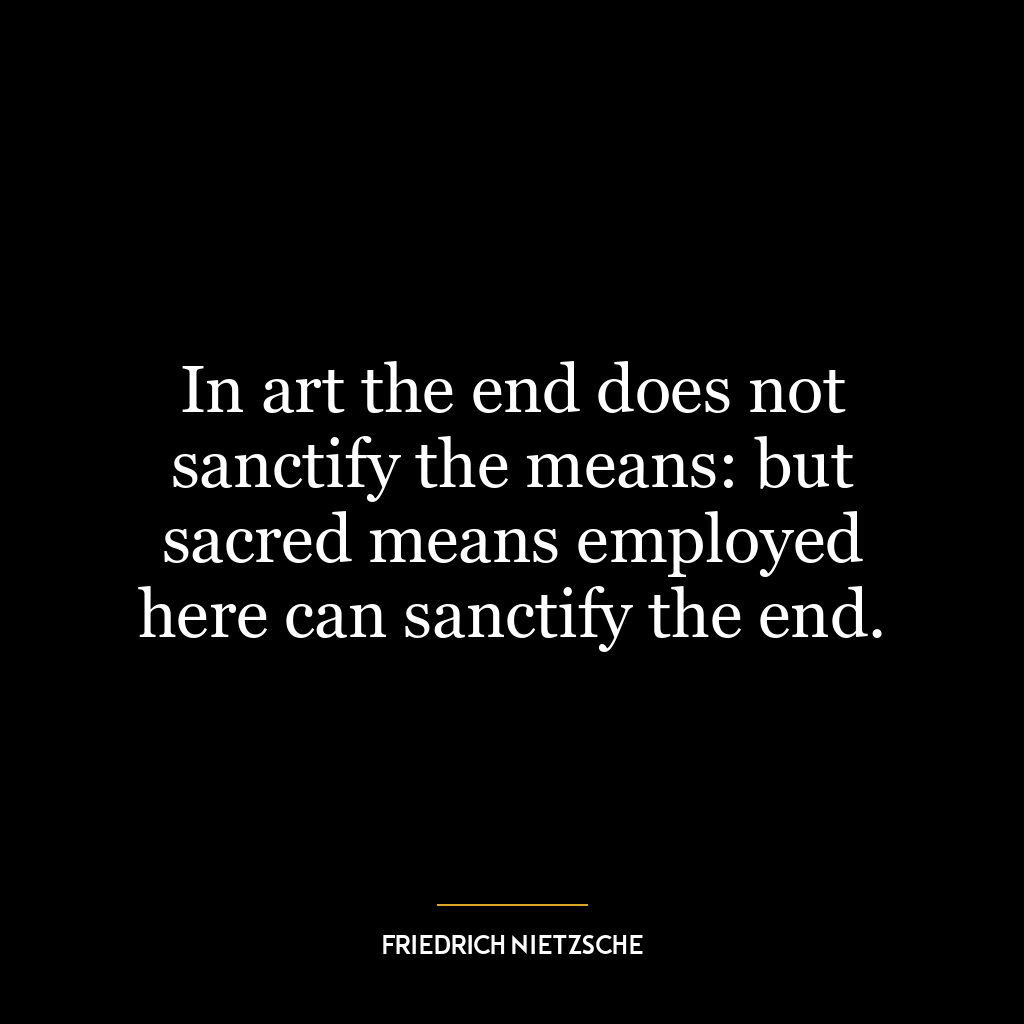Legal imposition avoids the necessity of honour or good faith.
This quote suggests that when laws are imposed, it replaces the need for personal honor or good faith. In other words, legal imposition serves as a safety net that ensures a certain level of order and fairness, regardless of individual values or integrity. It implies that without these laws, society would have to rely on the honor and good faith of individuals, which can be inconsistent and unreliable.
In the context of today’s world, this quote can be seen in many aspects of society. For example, in business transactions, laws and regulations are in place to ensure fairness and prevent exploitation. These laws do not rely on the integrity of the business owners but rather enforce a standard of conduct that must be followed. Without these laws, business owners would be free to act according to their own moral compass, which could lead to unfair practices.
In personal development, this quote could be interpreted as a reminder of the importance of personal integrity and honor. While laws can govern our actions to a certain extent, they cannot cover every aspect of human behavior. Therefore, it is crucial to develop a strong sense of honor and good faith to guide our actions in areas where laws do not reach.
Furthermore, it also underlines the importance of self-regulation, especially in areas where laws might be absent or insufficient. While legal imposition can ensure a baseline of conduct, it is ultimately up to the individual to act with honor and good faith, surpassing the bare minimum that laws require.
So, while legal imposition is necessary for societal order, it should not replace personal integrity and good faith. Instead, it should serve as a framework within which individuals can exercise their own moral judgment.









